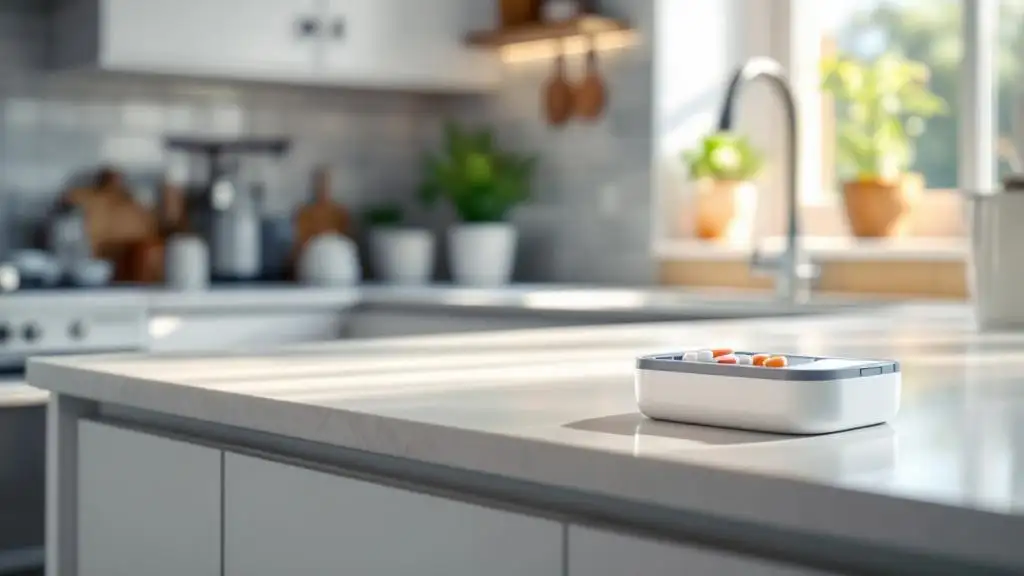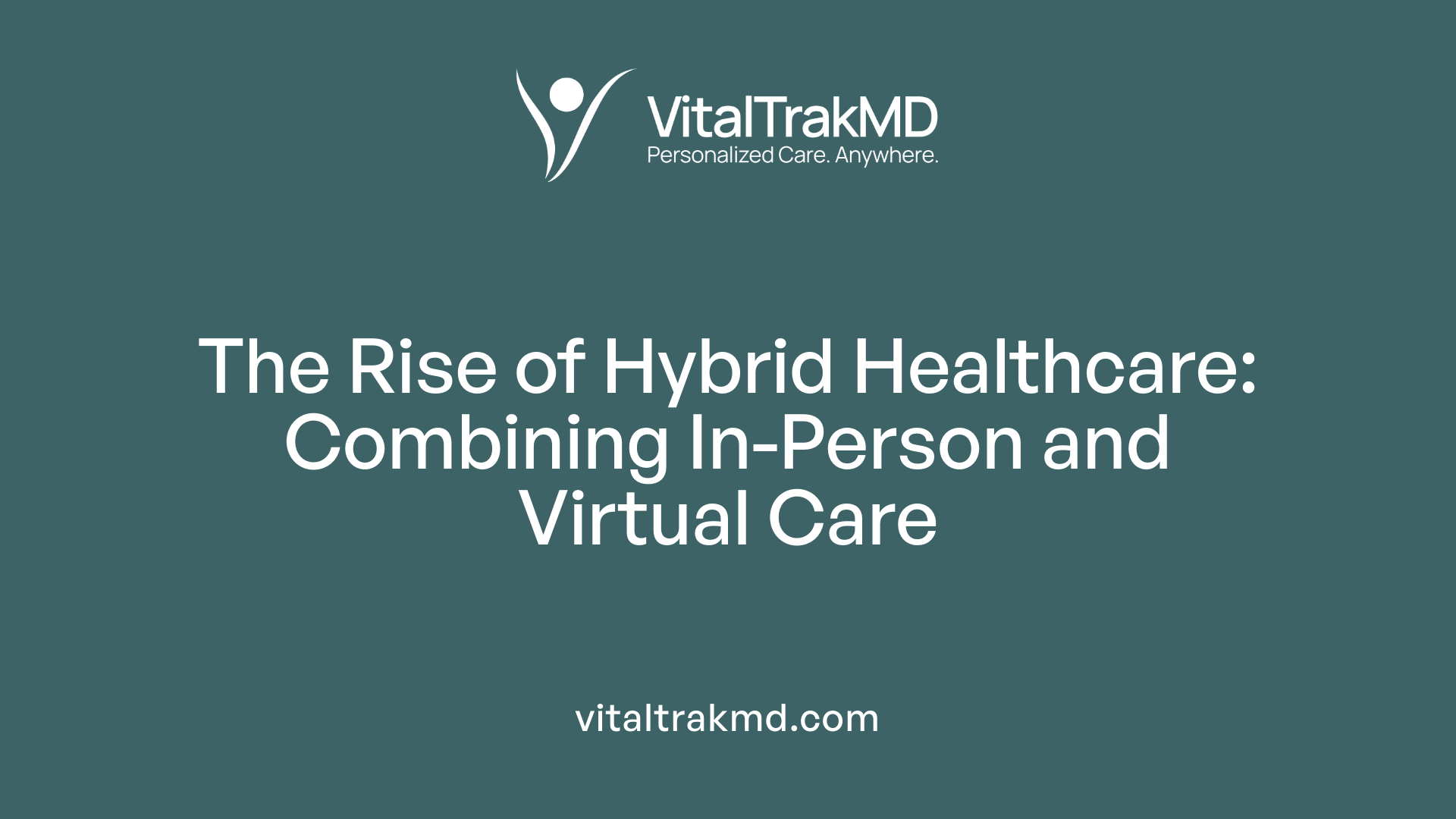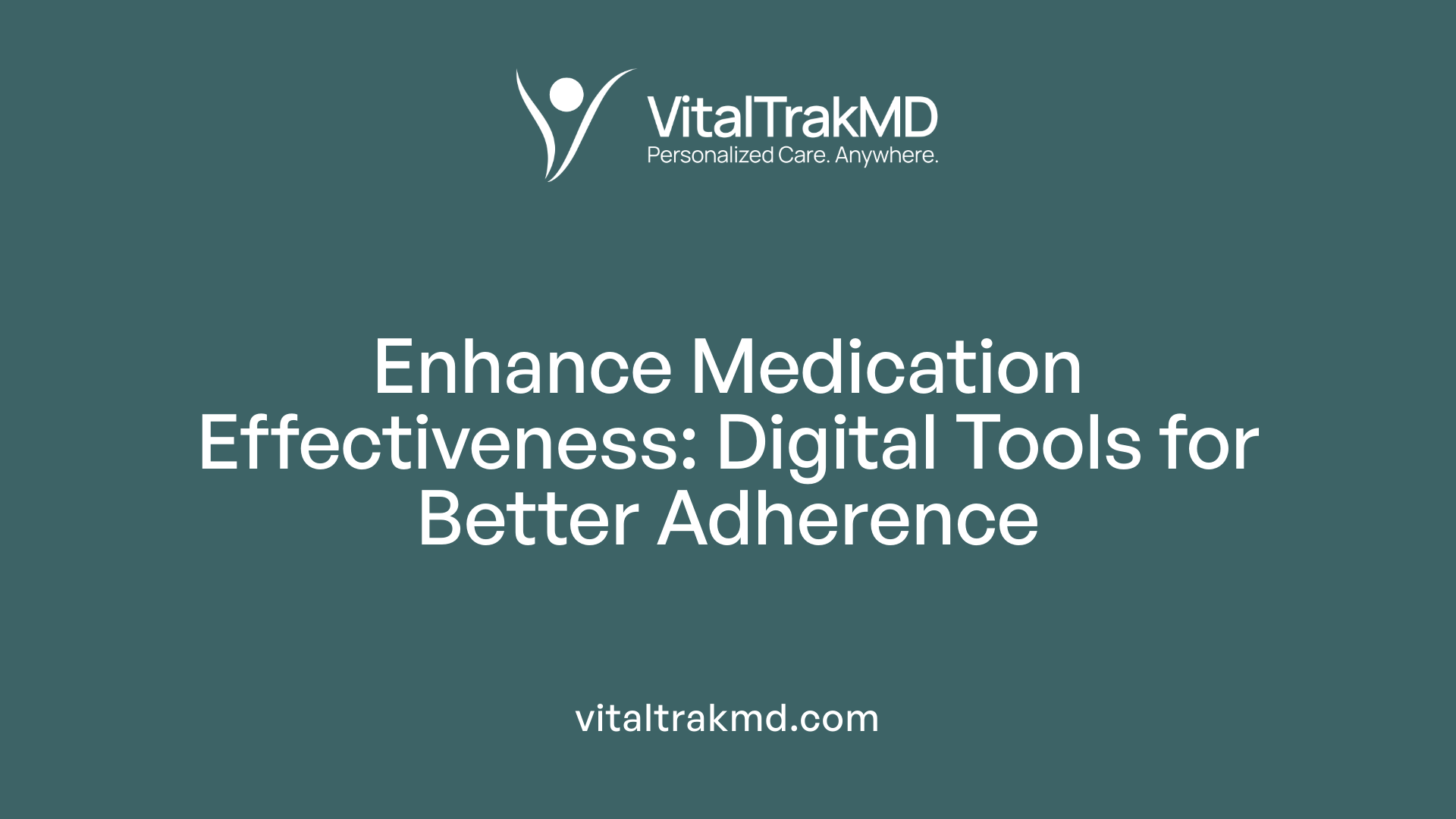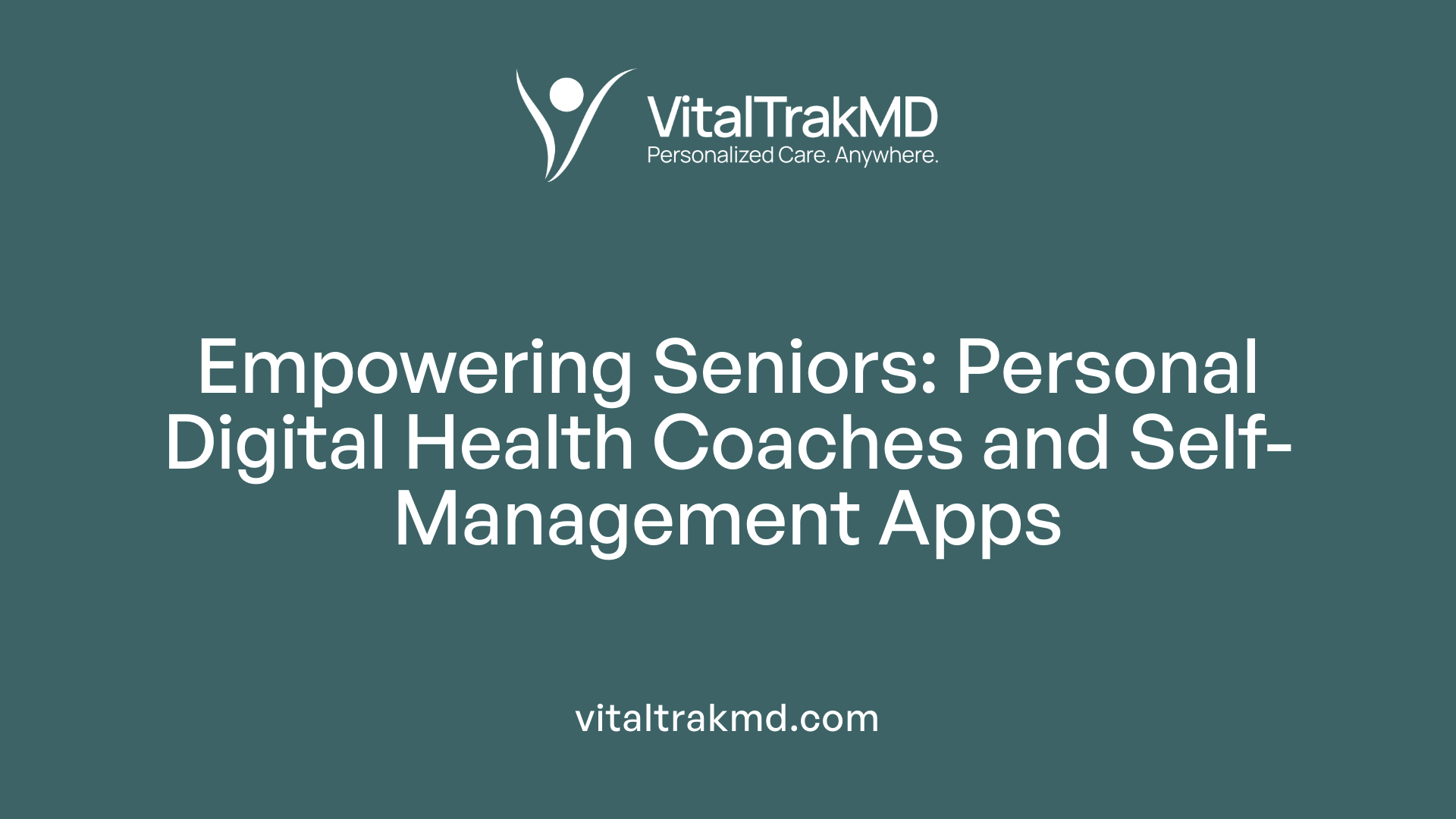How Hybrid Healthcare Helps Seniors Track Medication Effectiveness

Empowering Seniors Through Hybrid Healthcare Models
With the rise of chronic conditions among seniors, effective medication management has become crucial for maintaining health and wellness. Hybrid healthcare models that blend digital technologies with personalized professional care are revolutionizing how seniors monitor medication effectiveness. This approach offers the convenience of remote monitoring and telehealth alongside the personalized support of in-person care, ultimately enhancing medication adherence, tracking, and overall health outcomes.
The Rise of Hybrid Healthcare in Senior Care

What Is Hybrid Healthcare and What Does It Include?
Hybrid healthcare combines in-person medical services with virtual care options such as telehealth visits and remote patient monitoring. This model allows seniors to access a wide range of healthcare from the comfort of home while still receiving necessary physical examinations and treatments at healthcare facilities.
How Does Combining Virtual and In-Person Care Benefit Seniors?
By integrating both care formats, seniors enjoy improved access to medical professionals, especially for routine check-ups and chronic disease management. Virtual consultations reduce travel barriers and inconvenience, while in-person visits ensure direct evaluation when needed. This combination enhances continuous engagement and personalized care, contributing to better health outcomes and increased patient satisfaction.
What Virtual Care Services Are Expanding for Senior Populations?
Telehealth has grown to offer comprehensive services including virtual primary care, diabetes management, and medical weight loss programs tailored for seniors. Remote monitoring of chronic conditions like heart failure and diabetes enables early intervention, reducing hospital readmissions. Additionally, telehealth supports post-discharge care, facilitating recovery and continuity of treatment.
What Role Do Care Programs Play in Supporting Long-Term Health and Wellness?
Hybrid healthcare models integrate traditional care programs with telehealth and remote monitoring services, providing seniors comprehensive support that promotes long-term wellness. These models emphasize preventive care and continuous engagement, key factors in improving health outcomes and reducing hospital readmissions.
Digital Tools Enhancing Medication Adherence and Effectiveness Tracking

How do smart medication management systems improve adherence for seniors?
Smart medication management systems, including digital pill dispensers and reminder apps, play a crucial role in supporting seniors to follow complex medication schedules accurately. These systems reduce missed doses and decrease medication errors by offering timely, easily accessible reminders. By simplifying medication routines, they enhance treatment effectiveness and patient safety.
What role do AI-enabled reminders and smart pill boxes play?
AI-powered tools like smart pill boxes adjust alerts based on user habits, ensuring personalized and timely reminders. These intelligent systems contribute to a remarkable 7.6-fold return on investment by improving adherence rates. Their adaptive nature helps elders sustain consistent medication intake, critical for managing chronic conditions and supporting overall health.
What are the benefits of remote patient monitoring?
Remote patient monitoring enables seniors to share vital health data with healthcare teams from home, facilitating early detection of issues and proactive intervention. This strategy has led to a 50% reduction in 30-day hospital readmissions for heart failure patients. Continuous tracking enhances clinical outcomes and supports long-term health maintenance.
How can individuals safely and sustainably lose weight?
Although primarily focused on medication adherence, these digital tools also provide personalized feedback mechanisms critical for sustainable health behavior change. Proper medication use supported by smart systems ensures efficacy of weight management medications or therapies, thereby aligning with safe and sustainable weight loss approaches.
Case Studies Demonstrating Success in Hybrid Medication Management

Programs Increasing Medication Adherence
One standout example is Sutter Health’s Virtual Pharmacy Ambulatory Care Clinic. This innovative program merges telehealth technology with pharmacist-led support to boost medication adherence among seniors. Within six months, adherence rates climbed from 12% to 39%, demonstrating how personalized and continuous engagement can transform patient outcomes.
Clinical Outcomes from Remote Monitoring
Remote patient monitoring plays a critical role by enabling real-time sharing of vital health data. For instance, heart failure patients experienced a 50% reduction in 30-day hospital readmissions, highlighting the clinical effectiveness of continuous at-home monitoring combined with professional oversight.
Economic and Health Benefits
At-home medication reminder devices, like timed pill dispensers and AI-enabled home assistants, have shown impressive economic efficiencies with a 7.6× return on investment. These technologies reduce missed doses and medication errors, ultimately decreasing healthcare costs by preventing complications and hospital visits.
What Are the Most Effective Wellness Programs Available Today?
Programs such as the Virtual Pharmacy Ambulatory Care Clinic exemplify powerful hybrid models that integrate digital tools and personalized clinical care. Their measurable impact on improving adherence and reducing hospitalizations underscores the potential of hybrid healthcare to optimize medication management and enhance seniors’ overall well-being.
Supporting Seniors’ Self-Management Through Technology and Personalized Care

Use of self-management apps like KeepWell
The KeepWell app is specifically designed to aid seniors managing multiple chronic conditions in maintaining their health and wellbeing. Developed through a codesign process with older adults, clinicians, and researchers, the app incorporates evidence-based lifestyle advice tailored to individual health risks such as diabetes, heart failure, dementia, and COPD.
Personalized lifestyle advice combined with health monitoring
KeepWell integrates an animated avatar health coach and a comprehensive health risk questionnaire that evaluates health, lifestyle, and social/emotional well-being. It offers features like interactive tracking of lifestyle behaviors, action planning, journaling, and access to a rich resource library, providing seniors with personalized support to self-manage effectively.
Role of AI and avatars in engagement
The use of an animated avatar health coach in KeepWell enhances user engagement, delivering tailored feedback and promoting sustained motivation. This AI-informed interaction supports behavior change by improving perceived self-efficacy, which is critical for lasting health improvements in seniors.
What role do care programs play in supporting long-term health and wellness?
Care programs like KeepWell empower seniors by combining digital technology with personalized feedback to foster effective self-management. Designed with input from older adults and clinicians, such programs tackle multiple chronic conditions and encourage ongoing engagement, which is essential for long-term health maintenance and improved quality of life.
Future Directions: Integrating Advanced Technologies Within Hybrid Care

Wearables and Smart Home Devices
Wearable health monitors such as smartwatches are increasingly used to track vital signs including heart rate, oxygen levels, and sleep patterns. These devices enable early detection of health concerns, allowing timely interventions for seniors. In parallel, smart home technologies—like voice assistants and automated lighting—contribute to safety and comfort, empowering seniors to maintain independence in their homes.
AI Fall Detection and Emergency Response
Advanced AI-powered fall detection systems and emergency response pendants offer immediate alerts when falls occur, tremendously improving safety for older adults. These technologies provide peace of mind for seniors and their caregivers by ensuring swift emergency responses, thus reducing the risk of complications from delayed assistance.
Virtual Reality and Social Connection Tools
Virtual reality (VR) applications provide innovative ways to enhance cognitive function and emotional well-being through reminiscence therapy, guided meditation, and even virtual travel experiences. Additionally, digital communication platforms such as video calling apps and social media maintain social connections and deliver emotional support, which is vital for seniors' mental health.
Emerging technologies like these are well aligned with the advancement of hybrid healthcare models that combine digital programs with professional support. When integrated with effective wellness programs—such as personalized weight management initiatives and chronic condition monitoring—they help optimize medication adherence and foster overall well-being for seniors. These innovations significantly enhance remote monitoring and engagement, setting a promising path for future healthcare delivery aimed at improving quality of life and safety.
Connecting Care With Technology for Senior Medication Success
Hybrid healthcare models represent a promising evolution in senior care, combining the personal touch of traditional medicine with the convenience and innovation of digital tools. By enhancing medication adherence, enabling continuous remote monitoring, and fostering self-management through technology, this approach empowers seniors to take control of their health. Continued integration of advanced technologies alongside personalized support will be essential for optimizing medication effectiveness and improving long-term wellness outcomes for the aging population.
References
- The Effectiveness of eHealth Interventions for Weight Loss ...
- Effectiveness of a hybrid approach in integrating GLP-1 ...
- Effectiveness of an eHealth self-management tool for older ...
- How the hybrid healthcare model is transforming patient ...
- Remote Patient Monitoring for Seniors and Healthy Aging
- 8 Digital Healthcare Solutions Enhancing Senior Well-Being
- 5 steps to sustainable weight loss
- Steps for Losing Weight | Healthy Weight and Growth
Recent articles
Want to Feel Better and Live Healthier?
Join hundreds of patients taking control of their health with personalized care that fits their life – not the other way around.
Rated 4.8/5 by 32+ customers







